The ability to act on one’s discretion supposes that we have the freedom to choose “anything” we so wish that we would like within the confines of reality. Freewill implies that we actual do choose out of our own volition and that we are not influenced or determined by any external factor. Whilst the notion of freewill is a noble idea it fails to consider different life variables and systematic socialization that exist within our societies or peer groups.
What is Freewill?
In most definitions, freewill is taken as a free choice or independent choice. Whilst selection is at the heart to the choices made there is the critical aspect of not being impended in making that choice. The foundation of human existence sets its pride in being in control or not being control. The very nature of our philosophies, religion, world order, economies and any other social or non-social construction is predicated by the assumed level of control which exists or does not exist. Democracy in itself is a prime example of our need to believe in the idea that we are free to choose a leader we so desire. Hence the process of arriving at a choice determines our perception if we are to believe that this was achieved by freewill or not.
If we were to break down the idea or notion of freewill our generalized conception will be that freewill consists of the following precepts
- Ability to arrive at a decision without impediments
- Existence of a choice
- The choices being amicable to us being able to select either of them
When we believe that these three precepts are violated in any way we thus conclude that there was no freewill. For example if we feel that we are being coerced to choose one of the available choices we then declare that there was no freewill.
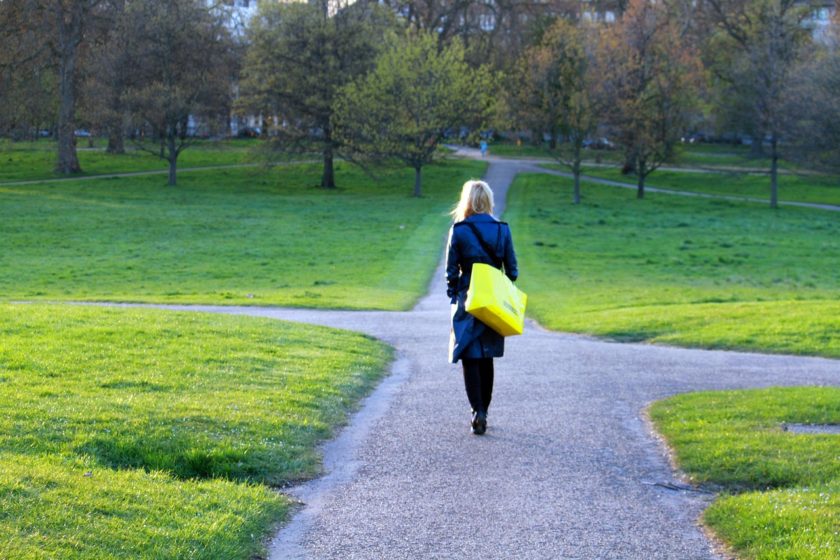
Why Freewill is a myth in most cases
Functional Design
Where something has been designed to function in a specific way we can not choose to make it function in a different way as it would violate its functional design. Summarily with functional design, you cannot say you have freewill to make a car float in an ocean when its design is such that it travels on the road, your only way out is to redesign the car and create a new type. Freewill cannot rationalize something to function in what that thing or object is not designed to. So with quiet a number of things we have to use them in a specific way otherwise they do not work. So our choices with functional design are not choices but rather conforming. The universe has its functional design laws which we cannot change, the sun will burn and the moon must orbit, there is no freewill. We cannot decide that we will change the density of the moon because we have the freewill to make changes, the result would be an extinction event.
Society System Design
The world we live in is an economy, religious and political driven society. It is a system that is designed to function according to set artificial laws. The setting of laws is commonly driven by those with the highest bid or the strongest lobby. Consequently the laws can either empower or depress a society but always remember these laws will change at the drop of a money pin. As recent as 2018, Saudi Arabia women were not allowed to drive, in USA black people as recent as the 1960s were not allowed to enter certain racially segregated areas or to vote. In such instances freewill is thus a myth. These examples on USA and Saudi Arabia are just two in many examples. There is no freewill where immigrants are treated differently, there is no freewill when the color of one’s skin defines what kind of job you can succeed in an interview for.
The many prejudices, beliefs, war borders, racial discrimination, institutionalized biases are all but obvious examples which impede on freewill.
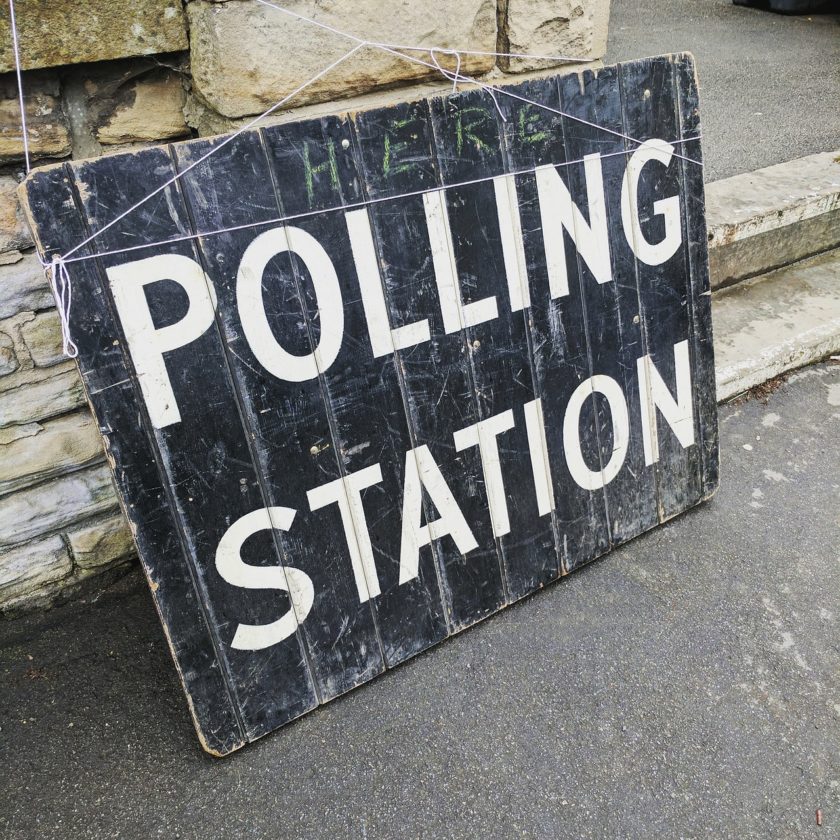
Peer Pressure
Our societies are built on norms or precepts which are culturally accepted or identified as being acceptable. Consequently our behavior or activity is expected to gravitate towards being normal otherwise we become an outcast to what is socially acceptable. Traditions have been created over time and defying them makes you into an outcast. In Africa for example Lobola or dowry is a tradition which has become an unwritten law of operation for marriages. When one fails to pay or deliver cows to those that they are supposed to it becomes a taboo and a mystical act of defiance to which spiritual consequences are assigned to. The idea of a white wedding is a tradition as well which when one looks down on it, it becomes a taboo as well or perceived insult by some.
There are many points of peer pressure that exist in society such that when you are presented with choices the only assumed logical choice is to make a decision that gravitates towards the allowed and culturally accepted decision. The case of Covid-19 in the world as the most recent pandemic in the current modern memory has challenged many peer pressure aspects. For example, due to the pandemic, certain funeral rituals are not allowed such as letting the body lie in the person’s home or people congregating in large numbers or handshakes. Instances have been noted of people openly defying these orders or simply feeling that their morality and positions are being violated. A simple example is the anti-mask movements in USA which openly defy the wearing of masks to minimize Corona virus exposure. People feel their freedom is being impeded on hence their freewill is not as it should or they feel it should be.
Prior Programming
Humans are programmed daily through education, politicizing, economic expectations, entertainment and other non-documented interactions. There is literally millions of variables or pieces of processed data or non-processed data that we assimilate daily.
If a car is moving at a fast speed of 80 km/hr what are the chances that in a road full of ice it will have an accident.
A) 10%
B) 25%
C) 50%
Chances are high that in this question you will choose either B or C as the answer. Why? To start with the question pre-programs us to conclude that 80km/hr. is a fast speed, the question then is absent on information on other variables such as tire type, is the road meandering or is it a straight road, weight of the vehicle and other factors that determine the chances of an accident without also defining what an accident is being defined as.

How many slices of bread would you like, 4 or 5? From this you are educated to think between 4 and 5 yet the maximum in this is 5 and the minimum is 0, hence you can choose 0, 1,2,3,4, or even 5. These questions are what we face daily in bigger or small circumstances where life choices seem to be between a limited pool of options yet there are is actually more.
Our exposure limits us to specific choices and hence we think we are making a choice yet we are simply referencing past associative biases to make a choice. Does this then mean because we function by bias of experience or association that there is no freewill?
1% of the time we have Freewill
The ability to make a free decision is cemented in capacity. Capacity is however needs to be defined. That capacity must be able to free one from peer pressure, system design, enable alternative functional design and optimized simulation for adequate variables selection for real decisions. The higher the capacity the higher the exponential curve towards freewill .




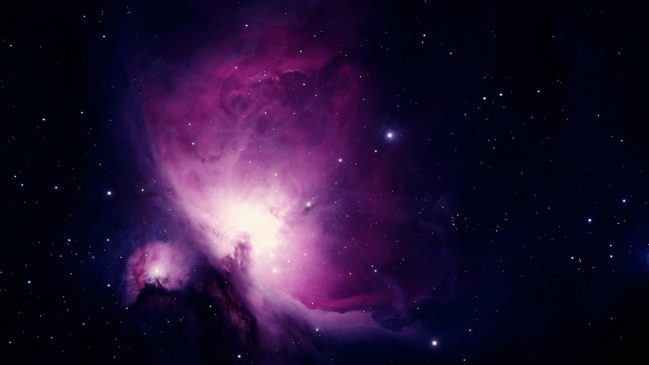


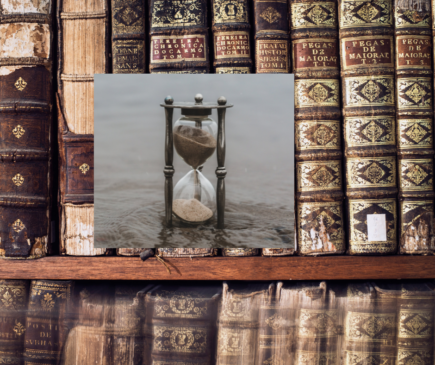
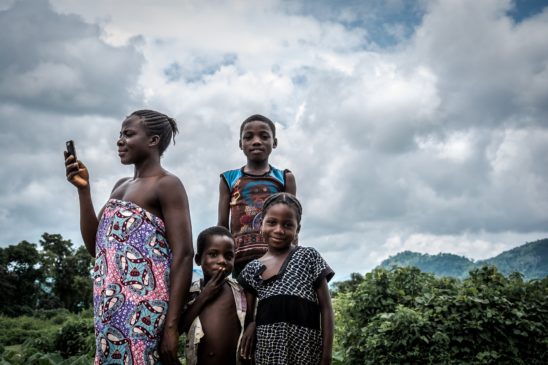



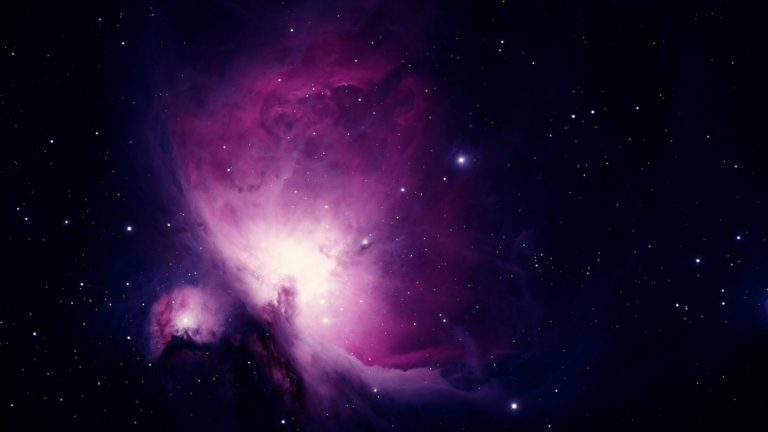




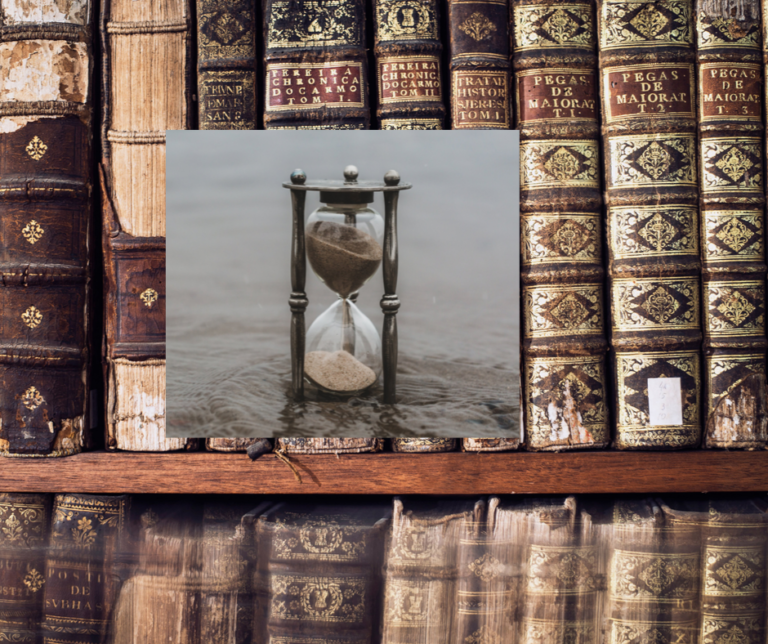
+ There are no comments
Add yours